Yesterday (March 17), Al Jazeera reported that the Houthi military force in Yemen announced an attack on a US naval ship.
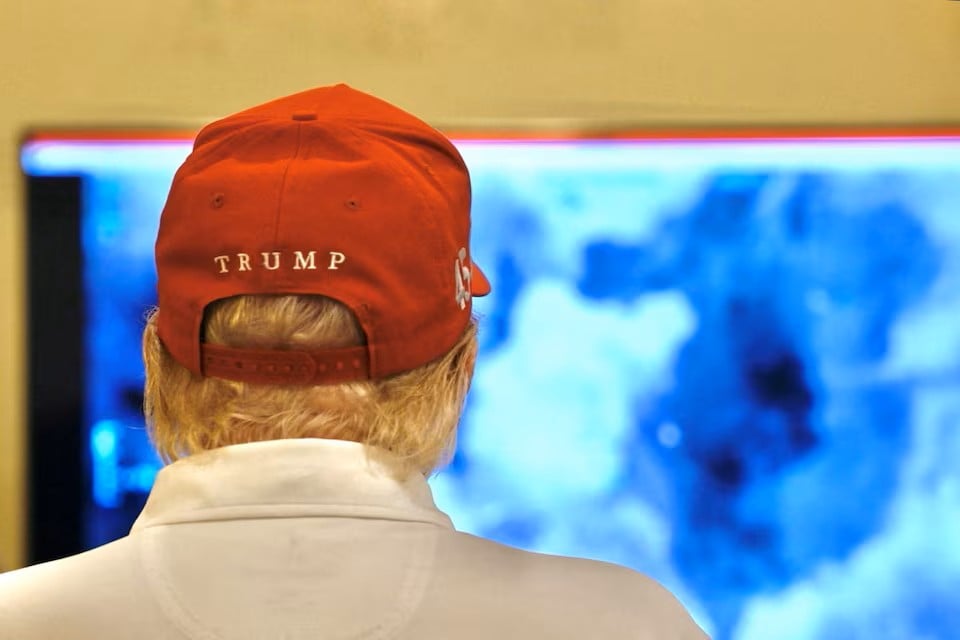
President Trump looks at images of US military firing on Houthi on March 15
The attack order was issued by Mr. Trump on March 15 after the Houthis announced that they would continue to attack Israeli-linked ships moving in the Red Sea because Israel still blockaded the Gaza Strip. Washington affirmed that the Houthi attacks will continue until the force gives up the attack on ships in the Red Sea. The Houthis accused the US attacks of killing 53 people. Meanwhile, crude oil prices increased after the above military operations took place.
The force called it "retaliation" for the US attacks that were launched on March 15 under the orders of President Trump against Houthi facilities in Yemen. Specifically, the Houthi spokesman announced that 18 missiles and drones were launched to attack the USS Harry Truman aircraft carrier strike group (US). Meanwhile, on the night of March 16, the US military also continued to attack the Houthi forces.
Not only putting pressure on Houthi
Responding to Thanh Nien last night (March 17), Mr. Carl O. Schuster (former Director of the Joint Intelligence Center - Pacific Command of the US Navy and currently teaching at the University of Hawaii - Pacific on international relations) assessed: "President Trump ordered a large-scale attack on the Houthi because the limited attacks of his predecessor Joe Biden did not have a long-term impact to prevent the Houthi from attacking ships in the Red Sea. The new owner of the White House is sending a message to the Houthi that they will suffer if they continue to attack ships in the Red Sea and the Gulf of Aden. Mr. Trump also wants to send a message to Iran that if they support the Houthi, they will also face a strong response."
"President Trump also restored some harsh sanctions on Iran, measures that Biden, when in office, lifted in the hope that Tehran would de-escalate. But Biden's policies have given Iran more resources to support some friendly forces in the Middle East. Israel's near-destruction of much of Hezbollah's power and Iran's failure to support Bashar al-Assad's regime in Syria show that Tehran's resources are gradually decreasing," former Colonel Schuster assessed.
The situation in the Middle East is unstable, but Hamas, Hezbollah and Iran are on the defensive, he said, so President Trump is letting them know that the US will no longer resort to half-measures. If these forces provoke Washington under Trump, they will face strong military action and increased economic measures.
"So far, Mr. Trump's actions have received the support of Saudi Arabia and the UAE. He is forcing Iran to choose between continuing the war with the West, or suffering serious damage to both its military and economic strength and reputation in the region," said expert Schuster.
Multi-target arrows?
Also responding to Thanh Nien yesterday (March 17), Professor Yoichiro Sato (international relations expert, Ritsumeikan University Asia - Pacific, Japan) commented: "The attack on Houthi was carried out under the pretext of ensuring maritime security in the Red Sea and Suez Canal. Recently, Iran has been accused of providing drones and weapons to Houthi. This is believed to be part of Tehran's strategy to challenge the security efforts of Washington and its allies in the region. Therefore, Mr. Trump's actions are in line with the interests of Saudi Arabia, because Houthi has controlled the Yemeni regime, which is supported by Saudi Arabia. Recently, Saudi Arabia coordinated with Mr. Trump to organize a conference to negotiate a ceasefire for the Ukraine conflict. Therefore, the attack on Houthi can also be seen as a way for the US to "pay back" Saudi Arabia."
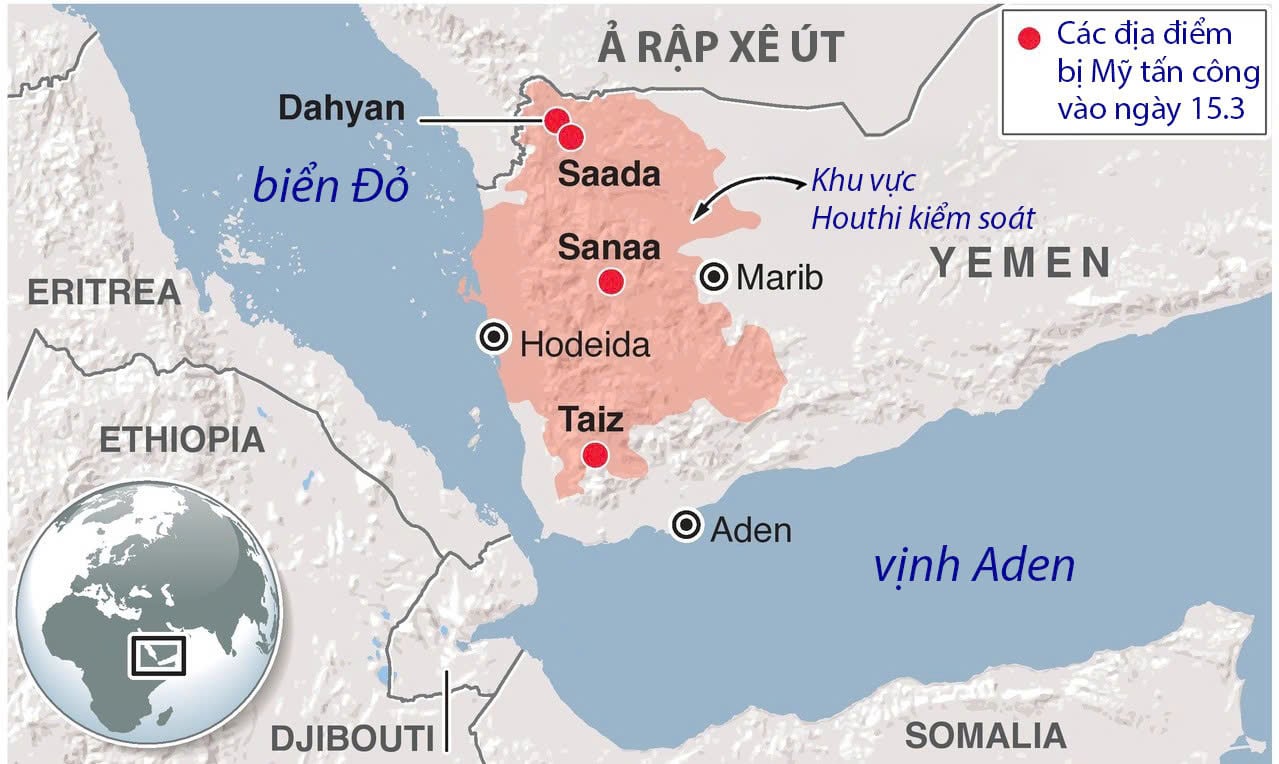
Map of US attack on Houthi on March 15
GRAPHICS: SYNTHESIS
"The situation in the Middle East remains very unstable, even chaotic. This region attracts the attention of the US, especially when Washington is trying to balance the broad strategy between the Atlantic and the Pacific. Iran's cooperation with both Russia and China in the expanded BRICS bloc has helped some countries in this bloc cope with Western economic sanctions. So the US attack on Houthi can also be seen as a sign of the ongoing tit-for-tat proxy war between the parties," Professor Sato further analyzed.
Source: https://thanhnien.vn/van-bai-quan-su-moi-cua-tong-thong-trump-185250318000637653.htm


![[Photo] Solemn opening of the 12th Military Party Congress for the 2025-2030 term](https://vphoto.vietnam.vn/thumb/1200x675/vietnam/resource/IMAGE/2025/9/30/2cd383b3130d41a1a4b5ace0d5eb989d)
![[Photo] President Luong Cuong receives President of the Cuban National Assembly Esteban Lazo Hernandez](https://vphoto.vietnam.vn/thumb/1200x675/vietnam/resource/IMAGE/2025/9/30/4d38932911c24f6ea1936252bd5427fa)

![[Photo] General Secretary To Lam, Secretary of the Central Military Commission attends the 12th Party Congress of the Army](https://vphoto.vietnam.vn/thumb/1200x675/vietnam/resource/IMAGE/2025/9/30/9b63aaa37ddb472ead84e3870a8ae825)
![[Photo] The 1st Congress of Phu Tho Provincial Party Committee, term 2025-2030](https://vphoto.vietnam.vn/thumb/1200x675/vietnam/resource/IMAGE/2025/9/30/1507da06216649bba8a1ce6251816820)







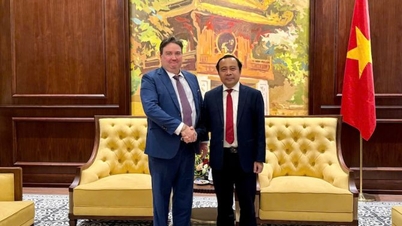

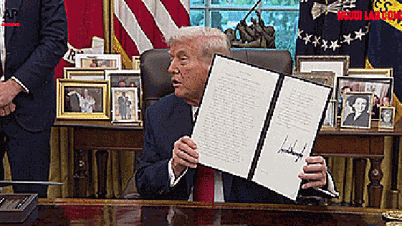

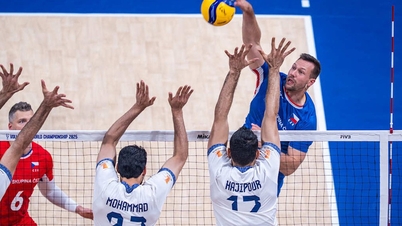












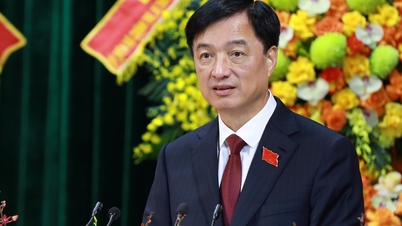
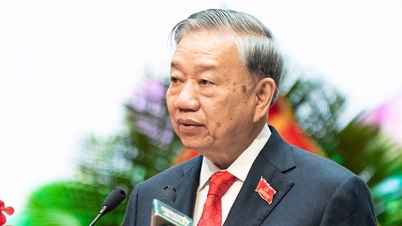
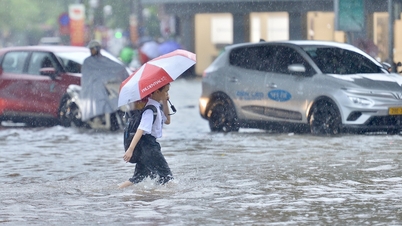
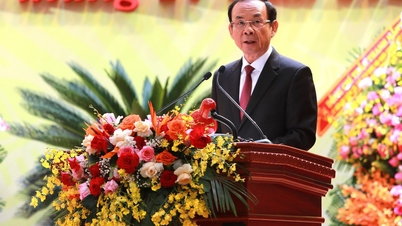

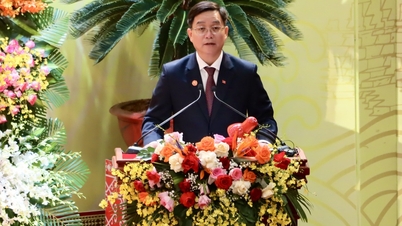
![[Photo] General Secretary To Lam receives US Ambassador to Vietnam Marc Knapper](https://vphoto.vietnam.vn/thumb/1200x675/vietnam/resource/IMAGE/2025/9/29/c8fd0761aa184da7814aee57d87c49b3)










































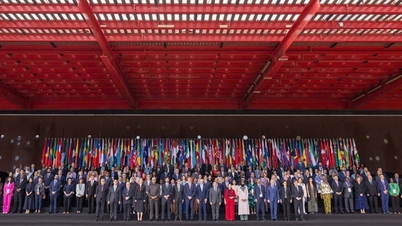


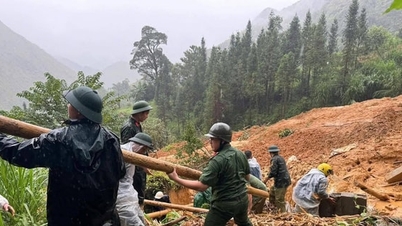



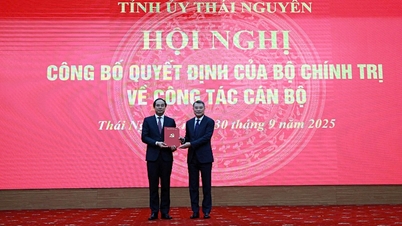













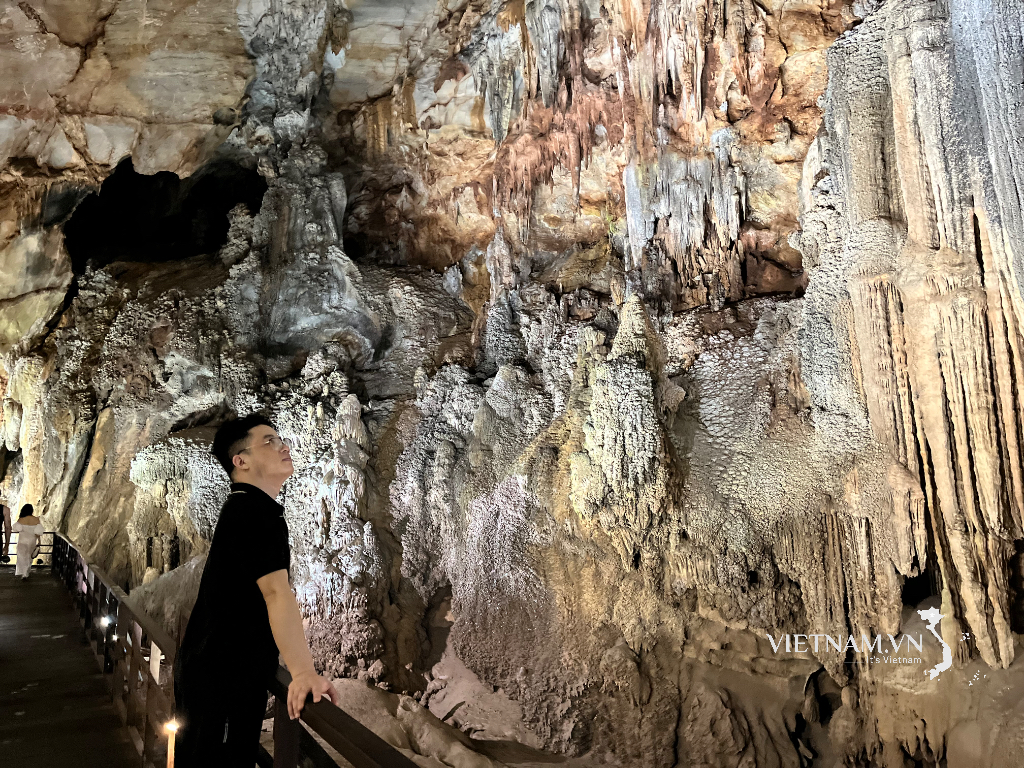



Comment (0)